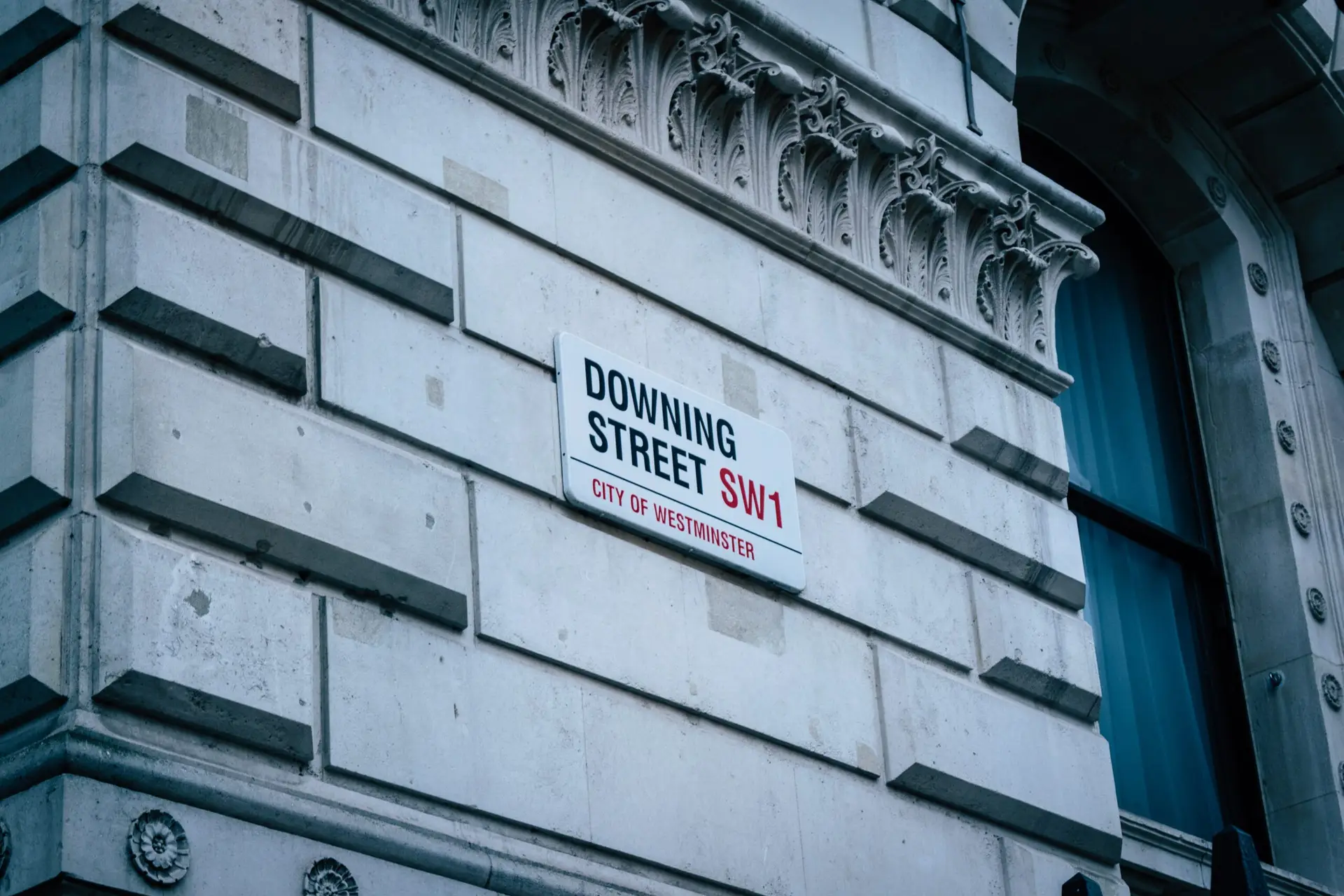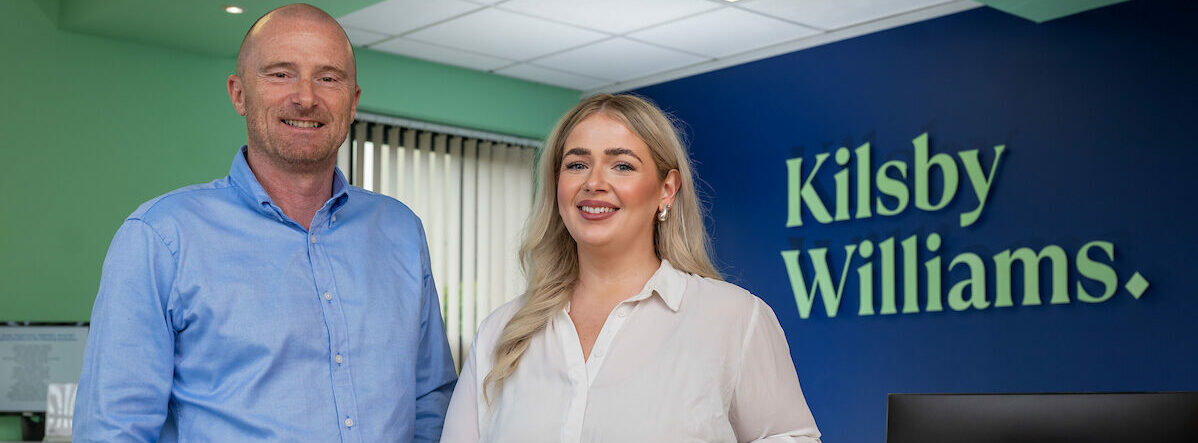After all the predictions and hype, Rishi Sunak stood in the rain in Downing Street and asked us to decide our future on 4 July.
There have been many words spoken and written since then and, as the tit-for-tat campaigns plough on, the polls continue to indicate that we will wake up on 5 July with a UK Labour Government. Both the main parties though have been accused of not being honest with the electorate and not highlighting in black and white in their manifestos how they will be able to balance the country’s books.
Both Conservative and Labour have promised not to increase income tax, national insurance, the main rate of corporation tax and VAT (other than Labour’s promise to apply VAT to private schools), and they have both also promised not to return to the spending cuts of austerity nor increase borrowing significantly. All the answers for both parties seem to point at economic growth, changing the non-dom rules and cracking down on tax avoidance.
The biggest criticism of this approach is the uncertainty of these revenue generating initiatives. The promises around spending they have both set out can be easily estimated but no one knows exactly how much the economy will grow (if at all based on recent years), how much income and gains non-doms currently keep offshore and how many will ‘leave’ once the new rules come in, and how much the crackdown on tax avoidance will bring in. The words and figures banded around about this should therefore be taken with a pinch of salt.
There has also been little mention of the continuation of fiscal drag – the freezing of thresholds until 2028 resulting in more people being dragged into higher rates of income tax. The parties might be promising not to raise the rates of income tax but this fiscal drag is due to continue under governments of either colour, and this will go a long way to having a similar impact of tax rises for many.
CGT also seems to be exposed to a change post election. The Conservatives have ruled out hikes in the rates and they have promised to keep Business Asset Disposal Relief (allowing business assets to be disposed of at a reduced rate of 10% up to a lifetime limit of £1m and subject to a number of conditions) but Labour have not ruled out changes in this area. There may now be a scramble to sell assets before the election in an attempt to avoid a possible higher tax charge under a Labour Government.
Some of the other tax policies that were set out in black and white (or should we say blue and red) were as follows:
| Conservative | Labour |
| A 2% reduction in employees NICs by 2027/28, and the scrapping of class 4 NICS for the self-employed by 2029/30. | A promise to return to one fiscal event a year and a roadmap for business taxation. |
| A promise to increase the personal allowance for pensioners in line with the higher of average wages, inflation or 2.5%. | A promise to retain the annual investment allowance and permanent full expensing on qualifying capital investment. |
| An increase in the higher child income benefit charge threshold to £120,000 and a change to it being based on total household income. | An increase in the stamp duty land tax higher rate surcharge on purchases of residential property by non-residents in England and Northern Ireland to 3%. |
| An extension on stamp duty land tax relief for first time buyers of homes in England and Northern Ireland | |
| A temporary CGT relief for buy to let landlords who sell to existing tenants |
In addition to the above it will be interesting to see how the dynamic in Wales changes after the election. With both parties promising changes to stamp duty land tax in England and Northern Ireland, as well as reforms to business rates in England, the Welsh Labour Government will be under pressure to also make changes to the devolved versions of these (land transaction tax and non-domestic rates) whoever wins. The Welsh Government will need to keep Wales competitive as a place to live and do business.
Although tax remains a key battle ground and a headline leader in the coverage of this election, radical changes are certainly lacking in what has been formally proposed. The Conservative’s plans are generally in line with what was proposed at the last Budget and Labour have stopped well short of a radical overhaul despite being in opposition for 14 years. Regardless of this, both parties have backed themselves into a corner as a result of ruling out increases in the main revenue raising taxes, and the nervousness of manoeuvring in a world with such little wriggle room is apparent in politicians and the public at large.
Pages and pages of promises, but exactly what the next residents of Downing Street throw at us tax-wise appears to be as uncertain as ever.




